-
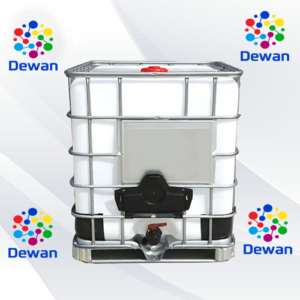
- Appearance: A colorless liquid with a characteristic odor
- Solubility: Insoluble in water but soluble in most organic solvents
- Reactivity: Reacts violently with oxidants and strong bases, and forms esters with acids
- Uses: Used as a plasticizer, in the production of coatings and lacquers, and as a defoamer for varnishes, paints, and ceramics
-
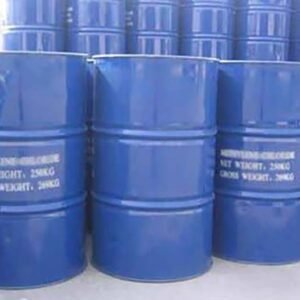
- It has good
solubility
- Can be used as solvent in coating, lacquer.
- can be used as solvent printing ink, adhesive, lea theroid,
nitrocellulose, etc.
-
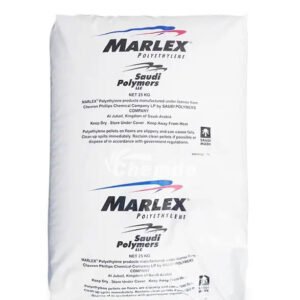
- HDPE FI0851P is a high molecular weight.
- High density polyethylene resin.
- Designed for blown film applications.
-
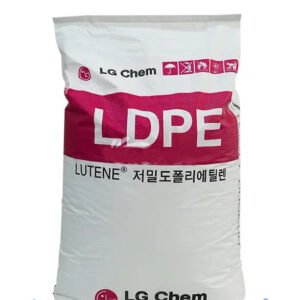
- Low Density Polyethylene (LDPE) grade.
- Suitable for general-purpose packaging.
- Thin shrink film, lamination film, produce bags.
-
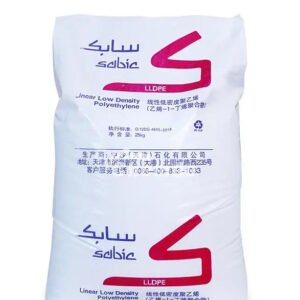
- M500026T is a Linear Low Density Polyethylene grade
- With narrow molecular weight distribution suitable
for injection molding applications.
-
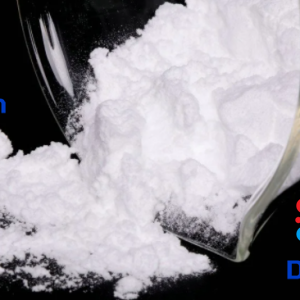
- Main raw material for the manufacture of melamine formaldehyde resin
- Widely applied to such industries as timber processing, decorative paneling
- Fire retardants, top-grade paints & coatinHigh-performance cement water reducers
-
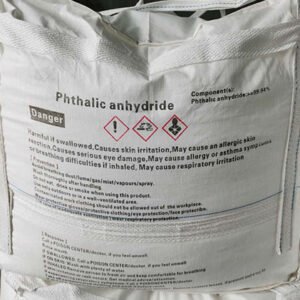
- Phthalic Anhydride is made from phthalates or naphthalene.
- The most common method
involves the catalytic oxidation of o-xylene with air over a vanadium pentoxide catalyst at high
temperatures.
- Another method
involves the catalytic oxidation of naphthalene with air over a metal oxide catalyst.
-
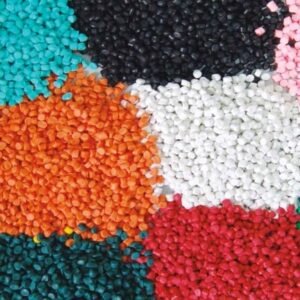
- PVC compounds also known as a dry blend
- PVC compounds can be
formulated for flexible materials using plasticizer,
- UPVC granules pellets are widely used for manufacturing unplasticized polyvinyl chloride pipe
fittings.
-
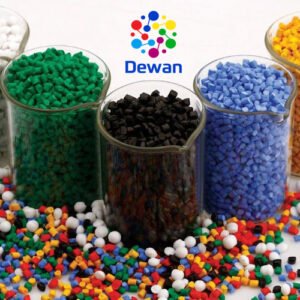
- Additives: Improve impact resistance and flexibility
- Plasticizers: Improve impact resistance and flexibility
- Fillers: Modify physical properties and reduce costs
- Pigments: Color the compound
-
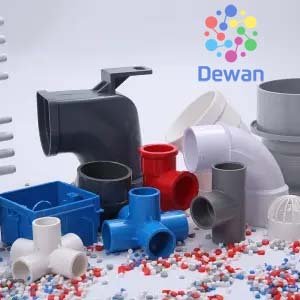
- General-purpose plastic in the world.
- Used in building materials, industrial products.
- Used in daily necessities, floor leather.
- Used in floor tiles, artificial leather, pipes, wires etc.
-
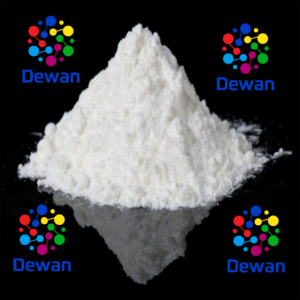
- Uses in Paints and Coatings, Inks industries.
- Uses in Masterbatch, PVC, Adhesives, and Construction chemicals etc.
- There are two manufacturing processes of TiO 2 .
- i) Sulphate Process, ii) Chloride Process.











